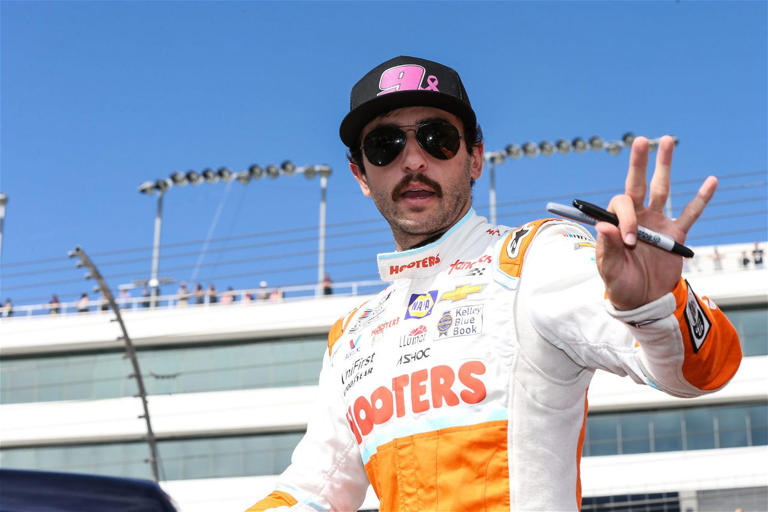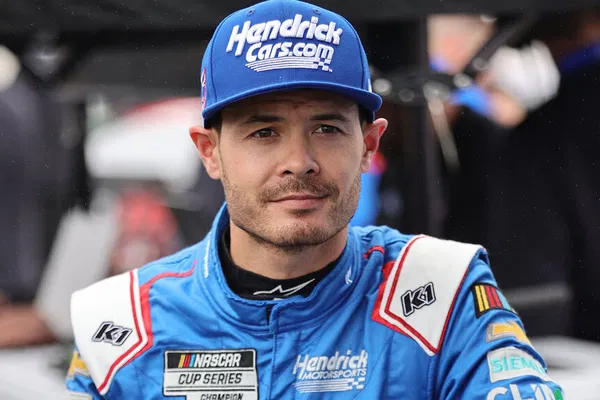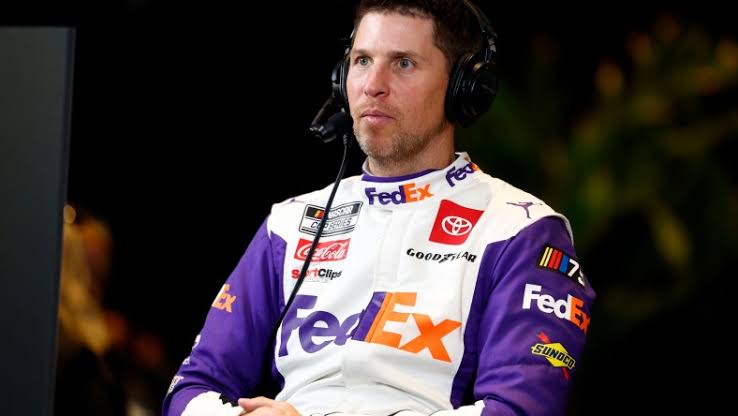NASCAR drivers and industry professionals often have minimal downtime, with the sport running for ten out of the twelve months each year. This rigorous schedule surpasses even Major League Baseball (MLB), which has an eight-month season, as NASCAR remains in full swing nearly year-round. The 2024 season, however, provided a rare opportunity for a two-week break due to the Olympics. This hiatus wasn’t orchestrated by NASCAR’s governing body but was a result of broadcasters prioritizing their Olympic coverage.
This unexpected break led to a re-evaluation of NASCAR’s scheduling practices. Brad Keselowski, a prominent NASCAR driver, advocated for an industry-wide shutdown inspired by the Olympic break. Keselowski highlighted the benefits of having a designated downtime for everyone in the NASCAR community to avoid burnout and improve overall morale. He believes that a well-planned break could foster a healthier mindset and rejuvenate the entire garage area.
Chase Elliott, another leading driver, has joined Keselowski in proposing a restructured schedule. Elliott draws inspiration from college football, which operates on a significantly different seasonal model. College football’s regular season starts in August and wraps up by December, with knockout games and high-stakes matchups concluding by January. This creates a six-month season of intense competition followed by a long off-season, which builds anticipation and excitement for the next season.
Although it may be challenging for NASCAR to reduce the number of races or make radical changes to its established schedule, Elliott suggests that modifications could still be beneficial. In a recent discussion with Jeff Gluck on the Teardown show, Elliott expressed that while NASCAR’s extensive calendar is demanding, the length of the season contributes to a sense of fatigue. He noted that college football’s shorter season generates excitement and eagerness among fans because it creates a significant off-season that makes the return of the sport more thrilling.
Elliott emphasized that a break in the NASCAR schedule, similar to the off-season in college football, could enhance fan engagement by creating periods of anticipation. When there is no race scheduled, fans experience a sense of longing that heightens their excitement for the sport’s return. Elliott believes that this kind of strategy could lead to a more engaged and enthusiastic fan base, making the sport more enjoyable for both spectators and participants.
In essence, by adopting a more structured break in the schedule, NASCAR could potentially mirror the successful elements of college football’s seasonal model. This approach could lead to a more dynamic and exciting fan experience, ultimately benefiting the entire NASCAR community.
Chase Elliott Drops 7 Bold Statements Following Brad Keselowski’s Industry Shutdown Demand




